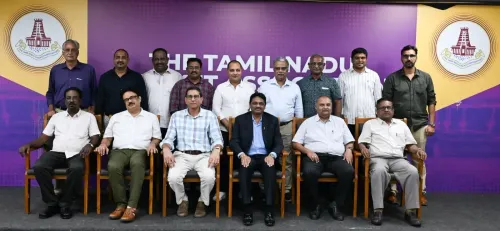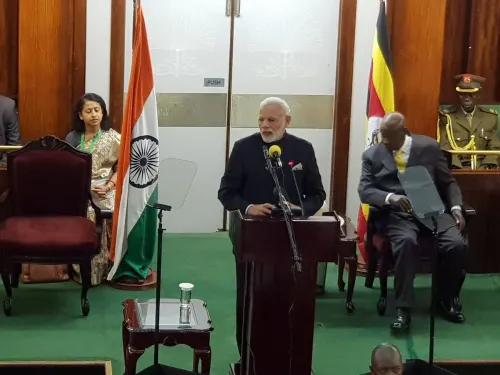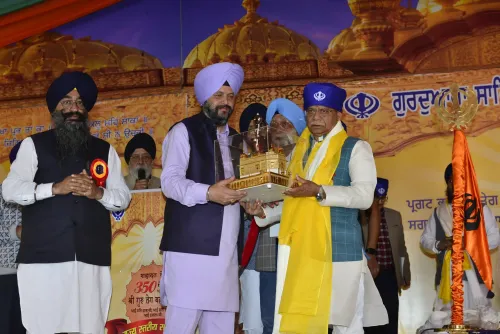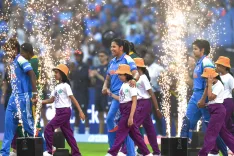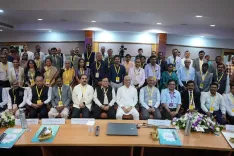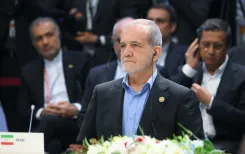Sri Lankan President Enforces Restrictions on Staff and Vehicle Expenses
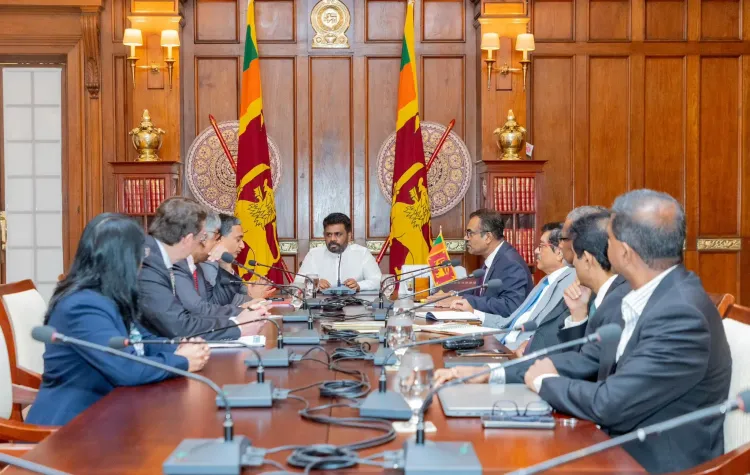
Synopsis
Key Takeaways
- New guidelines set for staff limits.
- Ministers can have up to 15 support staff.
- Vehicle usage restricted to two official vehicles.
- Focus on reducing government spending.
- Luxury vehicles are not permitted for parliamentarians.
Colombo, Jan 23 (NationPress) The administration of Sri Lankan President Anura Kumara Dissanayake has rolled out new directives aimed at ministers and deputy ministers, imposing limits on the size of their staff, vehicle usage, and various expenditures to help curtail government costs.
The guidelines issued on January 21 were made public on Thursday.
As per N.S. Kumanayake, Secretary to the President, ministers are allowed a maximum of 15 support staff, while deputy ministers can have up to 12. Most of these personnel must be sourced from the current state workforce, and family members or close relatives are strictly prohibited from being included.
The Presidential Secretariat has detailed rules concerning the use of official vehicles, fuel budgets, and phone expenditures. Ministers and deputy ministers are restricted to two official vehicles. Should they utilize state-owned or privately rented vehicles, it is the responsibility of the ministry secretary to ensure compliance with the regulations established by the Presidential Secretariat.
These provisions took effect on January 6, 2025, as reported by Xinhua news agency.
Dissanayake highlighted that the newly implemented rules are focused on decreasing government costs by minimizing the benefits available to policymakers.
Shortly after assuming office last year, the new administration announced that every Sri Lankan parliamentarian would receive a fuel-efficient vehicle.
Ananda Wijepala, Minister of Public Security and Parliamentary Affairs, stated in November that parliamentarians will have access to these vehicles throughout their tenure, emphasizing that they will not be eligible for luxury automobiles.
“This decision was made to ensure that taxpayer funds are utilized in the most effective manner,” he said.
Previously, Sri Lanka permitted each parliamentarian to import and possess a vehicle without incurring duty fees. The National People's Power, which secured the parliamentary election, argued that allowing the importation of luxury vehicles places a strain on the nation’s foreign reserves.


